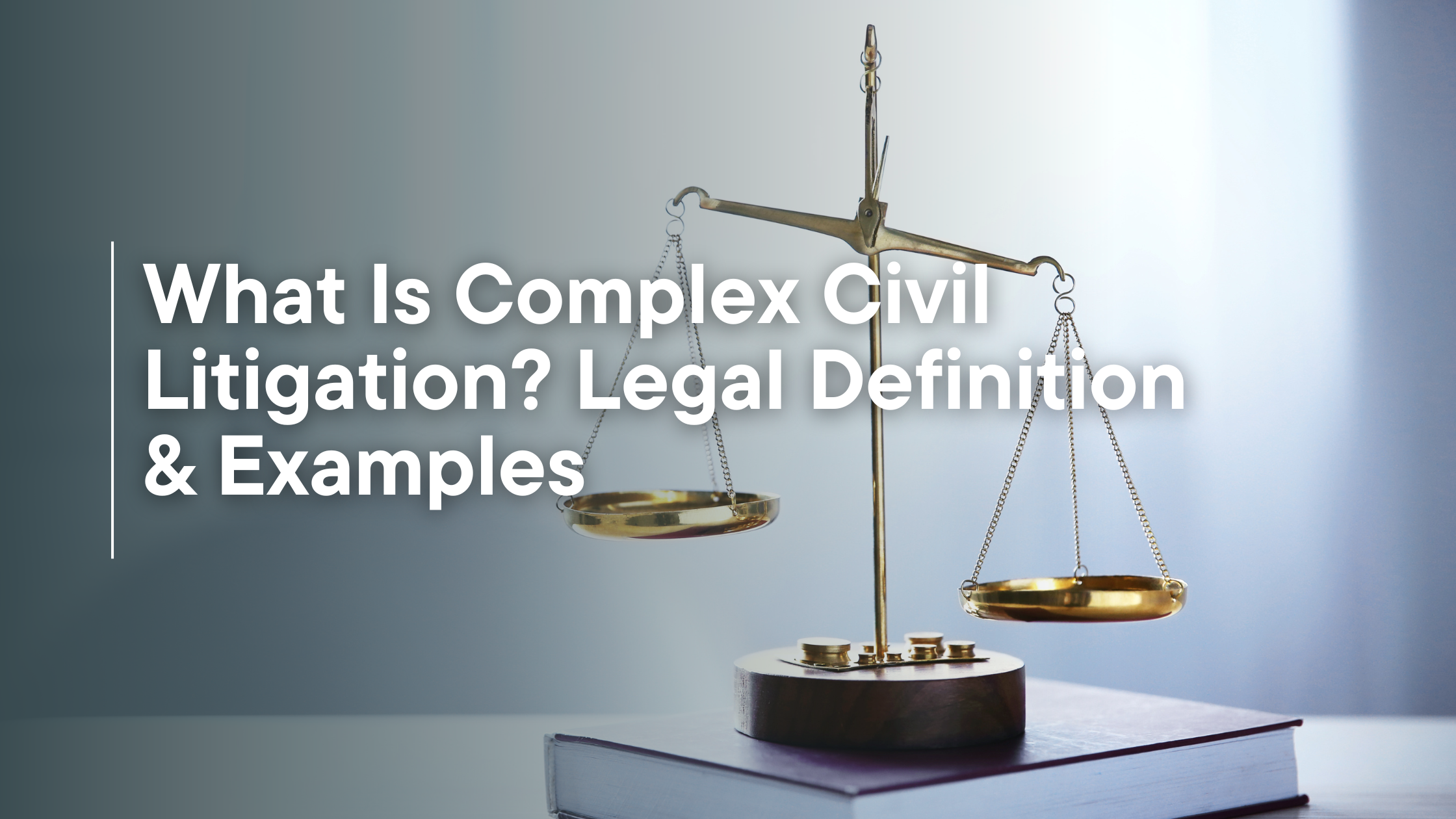Navigating the legal system during a family law case can be complex and overwhelming. Whether you’re dealing with a divorce, child custody dispute, or property division, the process often feels like an endless series of hurdles. One important step you may encounter as you approach trial is the Trial Readiness Conference (TRC). But what exactly does this conference involve, and why is it so crucial for the success of your case? Let’s explore the ins and outs of a Trial Readiness Conference and how it can help you move forward with confidence.
What Is a Trial Readiness Conference?

A Trial Readiness Conference is a formal meeting held between the parties involved in a family law case and the court, typically scheduled close to the trial date. The goal of this conference is to assess whether both parties are fully prepared to proceed to trial or if any additional steps are needed. During the TRC, both attorneys and the judge will review the case, evaluate evidence, discuss outstanding issues, and determine the final course of action.
In essence, the Trial Readiness Conference is your last check before stepping into the courtroom. It ensures that all necessary documents, witness lists, and evidence are in place, and helps avoid any delays or surprises when trial day arrives.
When Does a Trial Readiness Conference Occur?

The TRC usually happens toward the end of the litigation process, after discovery (the exchange of evidence) has taken place but before the trial begins. It is scheduled in the weeks or months leading up to trial. At this stage, the court is trying to ensure that everything is in order and that there are no remaining obstacles to moving forward with the trial.
If a Trial Readiness Conference is skipped or not properly conducted, it can result in delays, postponements, or even the trial being rescheduled. That’s why it’s crucial to take the TRC seriously and to be well-prepared for the meeting.
Key Topics Discussed During a Trial Readiness Conference

The Trial Readiness Conference covers several key topics designed to ensure that the case is ready for trial:
- Finalizing Discovery: Both parties must ensure that all relevant evidence has been exchanged. This includes financial records, communication logs, and any other documents that could impact the case.
- Identifying Remaining Issues: At this stage, it’s essential to identify any unresolved issues, such as child custody, division of assets, or spousal support. The TRC helps clarify which issues are still in dispute and what needs further attention.
- Exploring Settlement Possibilities: A TRC often provides one last chance to settle the case before going to trial. The judge or attorneys may suggest mediation or other forms of alternative dispute resolution to avoid the costs and stress of a trial.
- Witness Lists and Expert Testimony: Both parties must submit their witness lists, including any expert witnesses who may testify. This ensures that everyone involved in the trial is properly prepared and accounted for.
- Trial Logistics: The TRC also addresses practical matters, such as the scheduling of the trial, the duration of the proceedings, and any logistical concerns that could affect the trial’s progression.
Why Is a Trial Readiness Conference Important?

The Trial Readiness Conference plays a critical role in the overall success of your case. Here’s why:
- Avoid Delays: By addressing all remaining issues before trial, the TRC helps avoid delays that can occur when parties are unprepared on trial day.
- Ensures Proper Preparation: It ensures that both parties and the court are on the same page regarding the status of the case. This includes making sure all necessary documentation, evidence, and witnesses are ready.
- Reduces Surprises: The TRC allows for the resolution of any last-minute issues, reducing the chances of unexpected developments during the trial.
- Potential for Settlement: The TRC often serves as a final opportunity to settle the case before trial begins, which can save time, money, and emotional stress for everyone involved.
How to Prepare for a Trial Readiness Conference

Proper preparation is essential to ensure a successful Trial Readiness Conference. Here are a few tips to help you get ready:
- Gather Your Documents: Make sure you have all the necessary evidence, financial statements, and other documents in order. Your attorney will guide you in compiling these materials.
- Clarify Outstanding Issues: Take time to review the case with your attorney and identify any unresolved issues. This could be anything from the division of property to custody arrangements.
- Discuss Settlement Options: Before the TRC, consider whether you are open to settlement negotiations. This can help speed up the process if both parties are willing to find common ground.
- Prepare Your Witnesses: If you plan to call any witnesses, make sure they are ready to testify and that their testimony is well-documented.
Potential Outcomes of a Trial Readiness Conference

Depending on the circumstances, the Trial Readiness Conference can result in several possible outcomes:
- Proceeding to Trial: If everything is in order, the case will proceed to trial as scheduled.
- Settlement: If both parties reach an agreement during the conference, the case may be settled without the need for a trial.
- Postponement: If the court determines that there are outstanding issues or that more time is needed for preparation, the trial may be postponed or rescheduled.
Conclusion
A Trial Readiness Conference is a crucial step in the family law process, ensuring that both parties are fully prepared for trial. By addressing outstanding issues, finalizing discovery, and considering settlement options, the TRC helps streamline the legal process and avoids unnecessary delays. Working closely with your attorney to prepare for this meeting is essential to ensure the best possible outcome for your case.
If you’re facing a family law case and want guidance on preparing for a Trial Readiness Conference, we’re here to help. Contact us today to schedule a consultation and take the next step toward resolving your legal matters with confidence.




